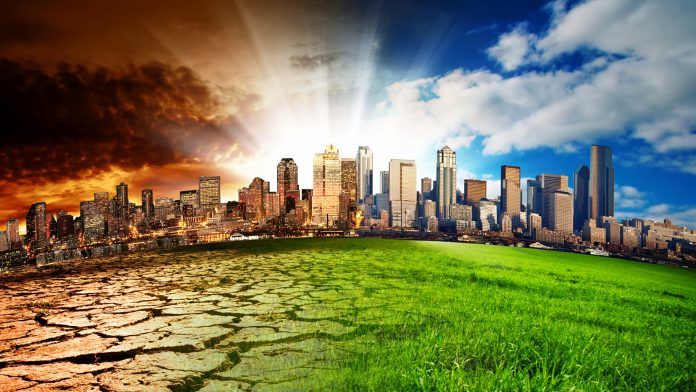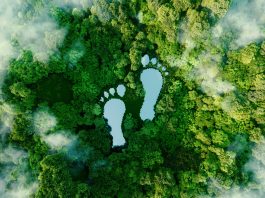Researchers from Argonne National Laboratory will examine the impacts of climate change to identify solutions for a sustainable future.
A team from Argonne National Laboratory will analyse the impacts of climate change in cities, on a neighbourhood scale. The research aims to advance scientific understanding and empower communities to identify sustainable solutions and build resilience to future effects of climate change.
This comes after the news that Argonne National Laboratory and a team of academic and community leaders were awarded $25m over five years to expand urban climate science by exploring climate change effects at local and regional scales.
Argonne and partners are set to create an Urban Integrated Field Laboratory, Community Research on Climate and Urban Science (CROCUS), focusing on the Chicago region. CROCUS will ensure that the research directly benefits local residents by using community input to identify specific areas of urban climate change to study. The researchers will also collaborate with students to collect on-the-ground data and develop climate models.
Centring on Chicago
Like many cities in the US and across the world, Chicago is facing the impacts of climate change in the form of extreme weather, such as flooding, drought, and heat waves. Unfortunately, the most at-risk neighbourhoods to climate-related hazards have been historically understudied and unable to access the resources or services they need. CROCUS is therefore focusing on representation from local organisations to achieve its research goals.
Explaining why Chicago was chosen for the study, Cristina Negri, Director of Argonne’s Environmental Sciences division and CROCUS lead, said: “The Chicagoland area provides a rich environment for study, and we are excited to work with such a diverse group of community, research and educational partners.
“The climate here is noticeably changing. Through CROCUS, we can all join forces to understand the underlying processes and provide science-based information. This will help local planners enact solutions leading to an equitable and effective transition to a resilient and carbon-efficient future for all communities.”

The study will examine Chicago’s temperature, precipitation, and soil conditions. Researchers will also look at how factors such as trees, open spaces, buildings, motorways, and Lake Michigan are shaping the city’s climate. As no two communities are alike, detailed climate models will be created to highlight the impacts of climate change on individual neighbourhoods. By using a small scale instead of looking at the city as a whole, researchers will be able to predict how climate will evolve at a local level, even down to the street level. From this, solutions can be identified to ensure that neighbourhoods are resilient against the impacts of climate change.
Ensuring inclusion
As collaboration is key to the study, Argonne is partnering with local, regional, and national colleges and universities to train the next generation of climate and environmental researchers. The CROCUS collaborative includes minority-serving institutions and historically black colleges and universities to address the underrepresentation of people of colour in this field.
The research team also includes community-based organisations in Chicago’s South and West Sides, ensuring that the neighbourhood scale of the study is met. By collaborating on a local level, the researchers are set to empower community members and deliver vital information to neighbourhoods as they transition to clean energy.
Utilising this research for the future
Although Chicago is the focus of this study, the new insights discovered will help researchers create a blueprint to assist other cities across the country and around the world as they work to become climate change resilient and mitigate the impacts of climate change.
“If we understand how climate and urban systems interact at increasingly detailed scales, we can address the challenge in a fair, equitable and sustainable way,” Negri said. “By advancing the science, we can help neighbourhoods, governments and communities envision a climate-ready future. We’re all in this together.”




